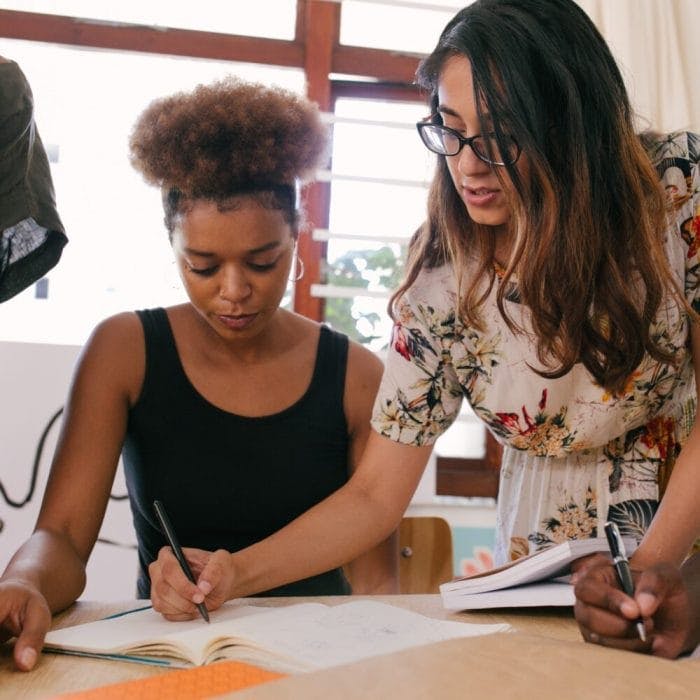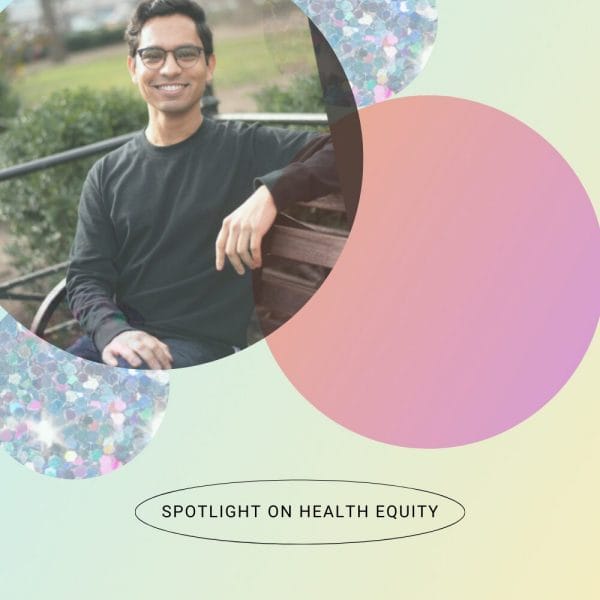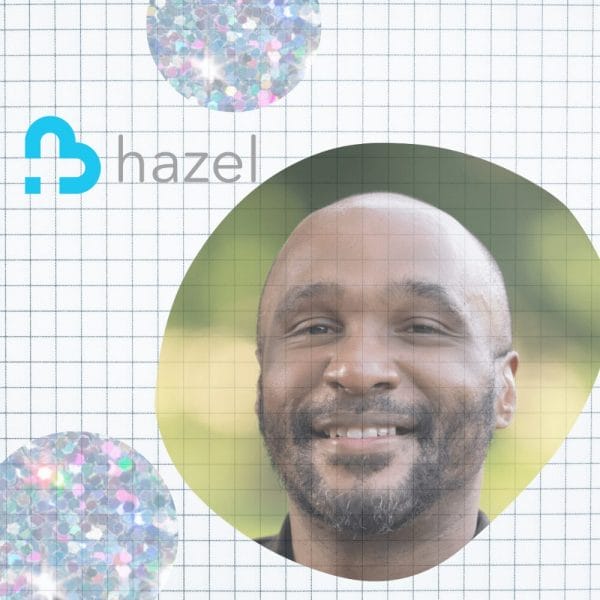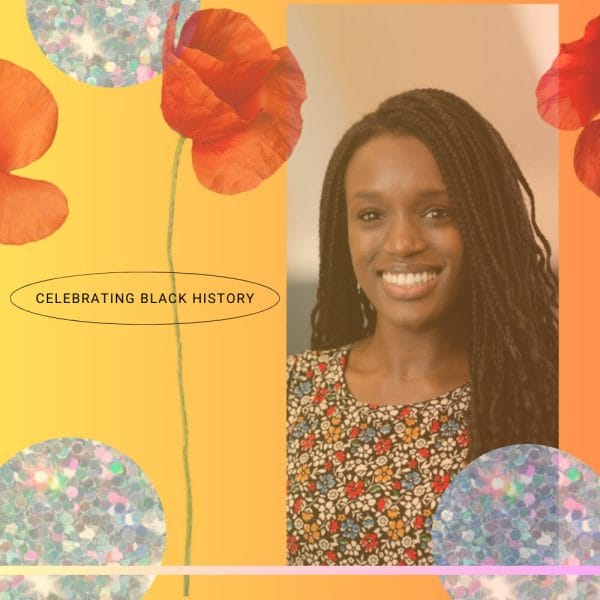On the evening of June 19th, more than sixty people took an elevator eleven flights above the commotion of high-rise construction and corporate headquarters formally recognized as the Financial District of San Francisco to hear three very important women discuss an ostensibly complex topic: digital mental health. I am one of the more than sixty people listening, and admittedly, I have only just been acquainted with the possibilities inherent in this space. My familiarity with health and tech is as recent as the realization that one can place the word “digital” in front of any arbitrary industry and they will likely find a company for it in the seven-by-seven miles that make San Francisco. Notwithstanding the initial uncertainty, I now know “digital mental health” denotes such promising technology as smartphone apps, AI chatbots, visual chat therapy and the algorithmic triaging of patients to a vast network of suitable providers. The prospect of the industry’s potential is as exciting as it is difficult for those aspiring to see their idea materialize into the next solution. It was the presumed goal of this event to dispel some of that difficulty.
The three women speaking, Margaret Laws of Hopelab, Alyson Friedensohn of Modern Health and Sarah Seegal of Affect Mental Health, sit as panelists under respective “CEO” titles; spots earned through demonstrated experience with the funding of social impact companies (Laws), the acquisition of funding for mental health startups (Friedensohn) and the incubation of companies to support success (Seegal). Each is familiar with the competing interests experienced by those determined medical professionals in the audience: a. A desire to make the world a better place. b. A need to make money. The unvoiced conviction is that the knowledge these women possess is elusive, that they are somehow able to perform the magic trick which undoes the mutually exclusive nature of “a” and “b.” Unfortunately, there is no secret to the illusion, only recommendations on how to make the convoluted process appear feasible. It is no wonder then that the discussion veers inexorably towards financial specifications, further obscuring a topic already outside my expertise. “Seed funding,” “angel investors,” and “incubation,” stick out in my mind as abstract terms from a lesson plan quickly lost in the instant. So let me tell you the particulars I do understand.
The entire enterprise of getting something funded is not only complicated by the market, but additionally by legal and ethical barriers specific to the mental health industry. As Margaret Laws mentioned, “There can be innovations, but how that innovation goes to market is a different story.” Returning to the notion that one can place the word “digital” in front of any arbitrary industry and they will likely find a company for it, consider that the mental health industry has perhaps the most hoops to jump through. Inviting users to participate in any technology related to mental wellbeing subjects them to the uneasy task of confronting their neuroatypical nature. As of 2019, 46 million Americans over the age of eighteen struggle with a mental health issue, and a good portion of that figure is disinclined to admit that they require attention. Friedensohn pointed out, “We need to provide access to high-quality providers. Let’s reserve the space for who really needs it.” Yet, I’m scarcely aware of a system that could properly gauge the mental health of those 46 million to prioritize “who really needs it.” Cognitive illnesses are imperceptible to the human eye, unlike a broken leg, making them difficult to diagnose. In order for more people to come forward with their problems, a cultural shift is necessary to remove the stigma associated with mental health. This change in perception is eagerly awaited given that, “there’s no one size fits all for mental health,” as Friedensohn mentioned.
I also understand that there’s a need to reach underserved populations. In the state of California, there is only one therapist for every five-hundred people, and more than 60% of those therapists don’t take insurance. It has become apparent that this shortage can more easily be reduced through digital services, which democratize mental healthcare to those malignant individuals who have isolated themselves. Take for example resources such as Headspace, a company that offers bite-sized guided meditations for busy schedules and SOS exercises in case of sudden meltdowns. There are a great deal of apps on the market which target depression and anxiety that I am sure achieve similar outcomes, however, I do not maintain the belief that every human-centered design endeavor should end in the creation of an app. As it happens, the dilemma faced by those in the digital mental health industry is best epitomized by Sarah Seegal, whose quote I will let linger here: “Is it better to have something that is accessible, even if it isn’t the best fit for the individual?” I’ll let you decide.





